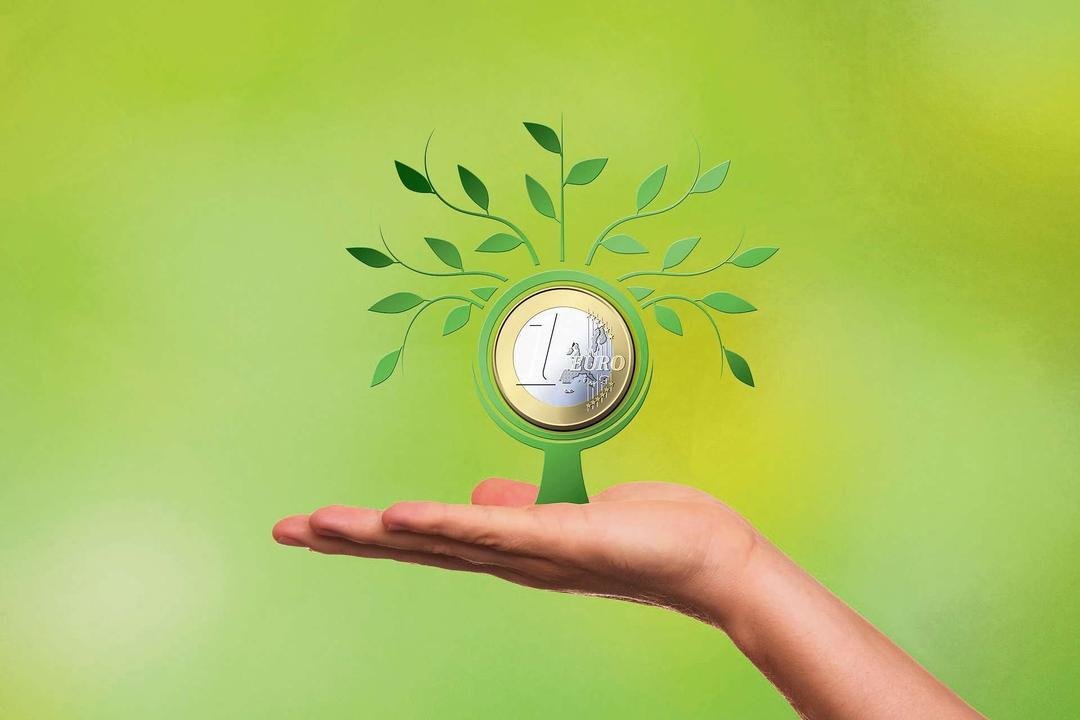Freno, pero no marcha atrás; por Carlos Rodríguez Braun

La economía española se parece en parte a la clásica obra de Enrique Jardiel Poncela, Cinco corazones con freno y marcha atrás. Los datos a finales de año sugieren que en 2020 seguiremos con freno, pero no con marcha atrás: los indicadores se desaceleran, no se derrumban.
El freno es incuestionable, y lo volvimos a ver con las estadísticas de noviembre: el paro aumentó en 20.500 personas y la Seguridad Social perdió 53.100 afiliados. Según los analistas de BBVA, el mercado laboral se mantiene estable en unos niveles peores que los de 2018, y el desempleo registró en noviembre su cuarto mes de incremento.
La economía española crece menos, quizá no llegue al 0,4 % en el último trimestre, lo que representaría un promedio anual de, como máximo, un 2,0 %, es decir, cuatro puntos porcentuales por debajo del crecimiento de 2018.
Se podría objetar que, tal como está la economía europea, y la mundial, es una cifra aceptable. Esto es cierto, pero la tendencia del nivel de actividad no invita al optimismo, como se ve en la caída de las exportaciones. El marco internacional mantiene señales de alarma en crecimiento, el Brexit y la guerra comercial. Las políticas monetarias expansivas de los bancos centrales muestran signos de agotamiento, y seguramente habrán distorsionado tanto el ahorro como la inversión. Este es un punto importante sobre el que habitualmente se reflexiona poco, aunque está en el origen de las burbujas y las crisis. Pero, como es sabido, es muy difícil detectar la existencia de una burbuja antes de que explote.
En cuanto a la política interna de España, la incertidumbre es máxima, como lo es la preocupación por un Gobierno que no solamente no acometa las reformas necesarias, sino que empeore las cosas, eludiendo dichas reformas, elevando los costes en diversos mercados, desde el laboral y el tecnológico, hasta el energético y el financiero, y subiendo los impuestos sobre personas y empresas.
En resumen, y volviendo al principio, vamos a encarar los primeros meses de 2020 con una economía española que se frena, pero que no está retrocediendo. De momento.
Restraint, but not reverse
Carlos Rodríguez Braun
The Spanish economy is somewhat similar to the classic work by Enrique Jardiel Poncela, Cuatro corazones con freno y marcha atras (Four Hearts with Restraint and Reverse). The end of year data suggests that in 2020 we will continue with restraint, but not reverse: the indicators are slowing down, but not collapsing.
The slowdown is unquestionable, and we saw it again with the statistics from November: unemployment rose by 20,500 people and Social Security lost 53,100 people who were signed up. According to analysts from BBVA, the labour market remains stable at levels that are worse than those of 2018, and unemployment rose in November for the fourth month.
The Spanish economy is growing less, perhaps not even at 0.4% in the last quarter, which would represent an annual average of, at most, 2.0%, that is to say, four percentage points under the growth of 2018.
 Opinión, Carlos Rodríguez Braun
Opinión, Carlos Rodríguez Braun
It could be argued that, given the state of the European and world economy, this is an acceptable figure. This is true, but the trend for the level of activity is not a cause for optimism, as can be seen in the drop in exports. The international scene still has alarming signs in terms of growth, Brexit and the trade war. The expansive monetary policies of central banks show signs of fatigue, and they will surely have distorted both savings and investment. This is an important point that is not normally reflected on a lot, even though it is the source of bubbles and crises. However, as is well-known, it is very difficult to detect the existence of a bubble before it explodes.
With regard to the domestic policy of Spain, there is total uncertainty, such as the concern over a Government that not only does not undertake the necessary reforms, but also makes things worse, by avoiding those reforms, increasing costs in different markets, from the labour market to technology, to energy and finance, and by increasing taxes on people and companies.
In summary, and returning to the beginning, we are going to head into the first few months of 2020 with a Spanish economy that is slowing down, but not going backwards. At the moment.

